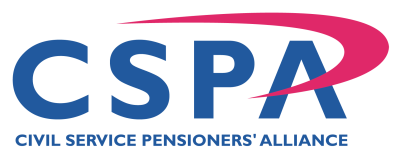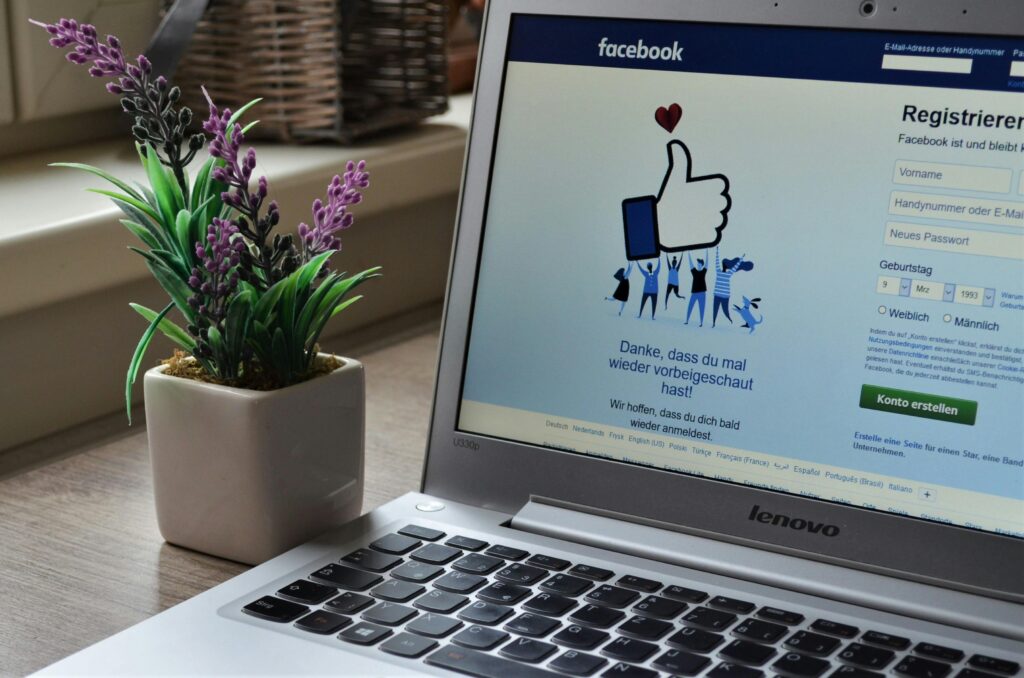Tips from BC Technologies’ Kieran McGoldrick for maintaining your privacy on social media.
Social media is a wonderful thing. It allows us to see what friends or family are up to, share funny posts and make new friends. But while most people on Facebook and Instagram are lovely individuals, it’s not all sunshine and rainbows. There are some who want to steal your information, money and maybe even your identity.
In this article, we aim to help prevent any of that from ever happening and to guide you in identifying possible threats in the scary world of social media. If you ever receive a DM (direct message) out of the blue from someone you’ve never spoken to, asking you to, say, click on a link, do not do it. These messages come in lots of forms. It could be as simple as them sending a link and nothing else, hoping you’ll get curious, but others can be more convincing, asking for help or telling you to check out a website.
But no matter what they tell you, that link will never be what they say it is and will most likely cause you harm if you click it. You may occasionally receive these kinds of messages from friends – but it is possible for scammers to get a hold of login details, most likely from you using the same password for many different accounts. So if one of your friends or family suddenly starts, say, promoting cryptocurrency, you’ll be quite safe in presuming that it’s not them and you should block them immediately.
A friend’s compromised account could also be used to impersonate them. The person who stole the account, disguised as someone else, could use this for asking contacts to send money, for example.
This is probably the method most people fall victim to. If this happens, before you interact with that person, try messaging them on a different platform first to confirm their identity.
You can prevent a lot of these types of social engineering attempts by restricting who can and cannot view the content on your profile or page. This is highly recommended for sites such as Facebook, which make a lot of personal information open by default. Someone does not always need to be your friend or connected to your account to see your information.
You can change your privacy settings through your Account Settings. You may also locate this via Privacy settings on your chosen form of social media.
If you are on Facebook, I strongly recommend using its Privacy Checkup tool. This will quickly run through most of the major privacy settings for your account and is a quick way to lock it down. It only takes a few moments, but it will help ensure your safety online, not only for you, but for your friends and family too.
When doing the checkup, consider what you want to show to the public about you, your friends and family as the information you share can have an impact on their online safety and privacy. If you are on your computer, you can find this tool by clicking on your profile picture in the top right corner, then on Settings & Privacy, then Privacy Checkup.
If you are on a mobile device, such as a phone or tablet, its location may differ from device to device. In the Facebook app in the top right, you will see an icon that consists of three horizontal lines, also known as the Hamburger button or Slide Drawer. After tapping on the Hamburger, scroll down until you see Settings & Privacy, then select Settings. You should then see the option for Privacy Checkup.
With more and more of our lives on display on social media, we must take control of what others can see. This information can be devastating if misused. You should always be hesitant to give out personal data online – even accepting cookies on websites can lead to your data being used to target ads, monitor what you do and track what sites you visit.
On that note, make sure you clear your cookies from your internet browser regularly to keep your data safe. This can be done in your internet browser’s settings. It is important to check up on things like this regularly. And whenever we visit a new site or sign up for a new social media site, we should check our privacy settings and what cookies we are accepting.
Free computer support
Contact BC Technologies for free advice and support:
Telephone 0330 800 1010,
9am to 5pm Monday to Friday,
or email cspa@bc-group.co.uk at any time.
Please quote ‘CSPA’ when contacting BC Technologies to assist them in dealing with
your query.

